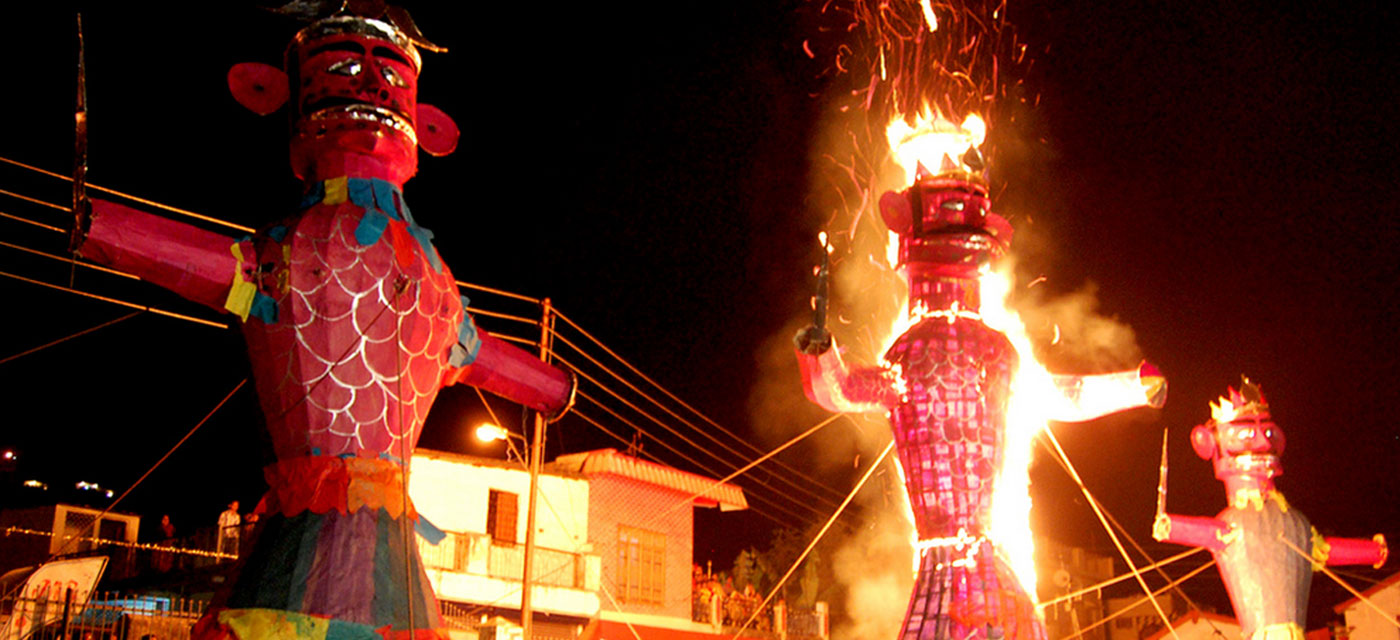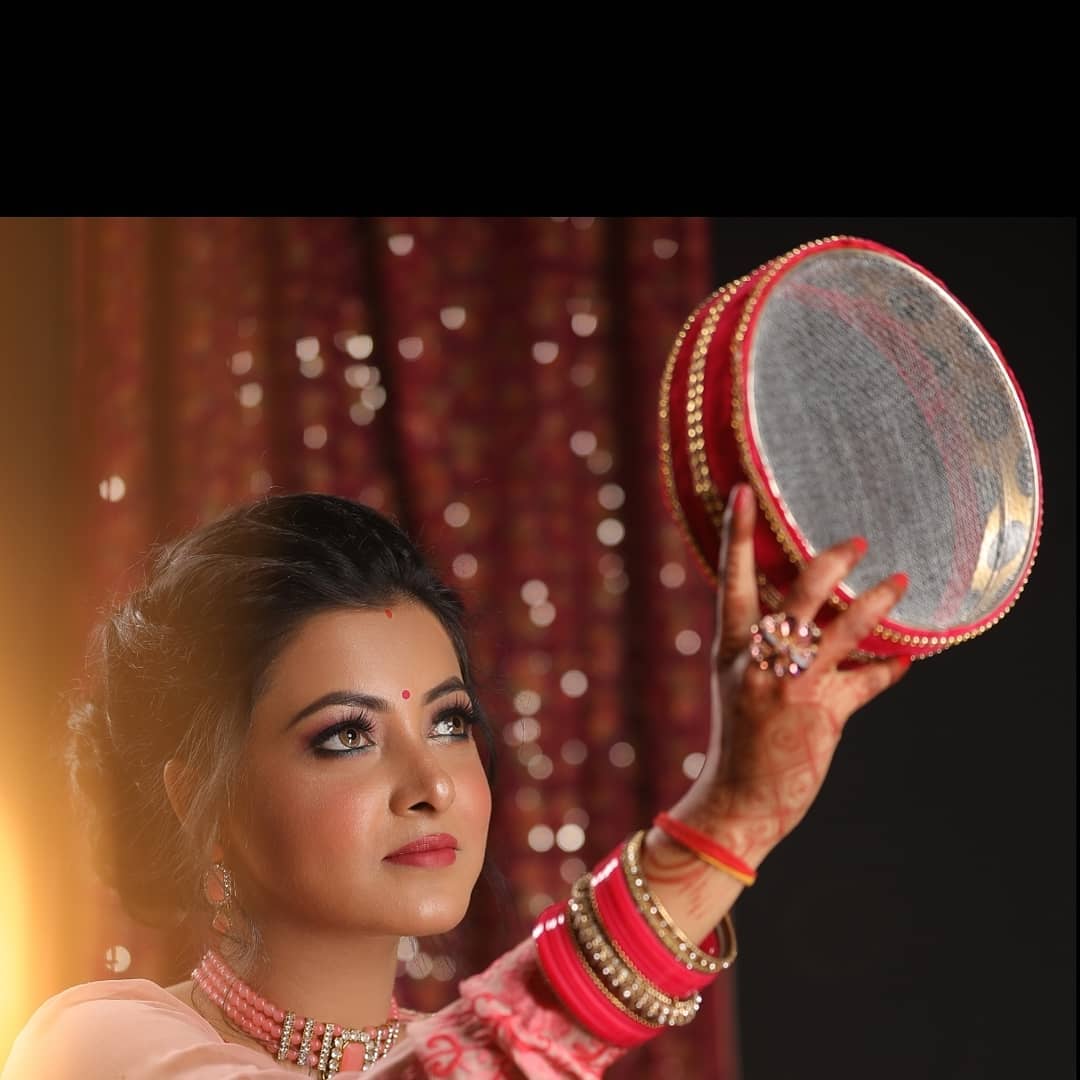People celebrate it with fervour and much enthusiasm the victory of good over evil. Lord Ram’s victory over Ravana is celebrated in special and different ways in entire India. It is a month packed with all the festivals.
“The craze and excitement among the crowd are visible and he remembers how in childhood I used to celebrate Dussehra by eating sweets and buying bow and arrow. It was the best of times.” says Aman, who runs a computer shop.
Ashes for arrogance, a victory for virtue
The festival is marked with great harmony and gaiety. The festival brings joy and prosperity in the lives of people. A demonstration of spectacular fireworks will entertain the audience. Security personnel will manage the crowd. Excitement has charged the air and taught us to strengthen the bonds of fraternity and brotherhood across sections of society and inspired us to live a virtuous life. One of the housewives, Meetu, says, I will go with my child to show him how Indian mythology characters have special significance in history and how October marks the celebration of ramleela, Dussehra and Diwali.
Where Ravana wasn’t burnt
As Dussehra is celebrated by burning the effigy of Ravana by most Hindus, the ten-headed demon king is worshipped in two MP districts. Temples of Ravangram village, Vidisha district and Ravana Rundi in Mandsaur district echo with the prayers of ‘ Ravana baba Namah’.
There is one more place where the demon king of Hindu mythology is safe from Lord Rama’s arrow of fire on Dussehra, residents of tiny, ancient pilgrimage town, Baijnath in HP’s Kangra district believe that by not participating in Dussehra, they are paying respect to the devotion of Ravana towards Lord Shiva. People tend to believe that Baijnath is the point where Ravana meditated for Lord Shiva. As a result, Lord Shiva doesn’t want his devotees to burn the effigy of his greatest disciple. People say that burning the learned king who knew all the Vedas isn’t justified.
Ravana was erudite in all sense. Ravana saw great advancements in science and medicine in his time and age. He authored Ravana Sanhita, an anthology of Hindu astrology and his description as a ten-headed person, Daśamukha or Daśagrīva, is a link to his vast knowledge and intelligence. The pushpaka vimana which he flew when he kidnapped Sita is akin to scientific achievements made during his regime. He was also a physician and wrote Ayurveda books. The rumour is that Ravana was a Buddhist king. He built one of the most advanced civilisations in the world.
Dussehra will be celebrated on 19th October, Friday.










